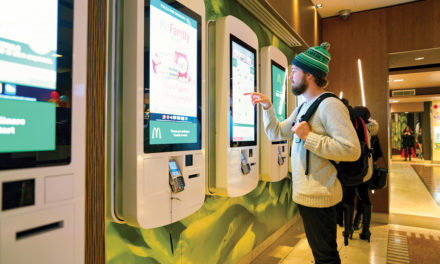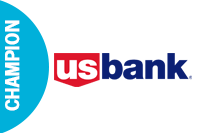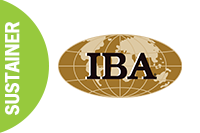Visa’s force post mandate
Visa requires controls to be in place to prevent unauthorized transactions (sales and refunds) from entering its network. Transactions that bypass the normal authorization process expected by the card issuers, commonly referred to as force posted transactions, can result in costly chargebacks, fines and assessments that can significantly affect the merchant’s bottom line.
Use reason codes to understand conditions causing a decline
To help meet the demands of this requirement, Elavon has created a new, enhanced set of decline response codes and expanded descriptions that provide more details about the decline reason.
These new response codes provide valuable information to understanding why a transaction decline has occurred, allowing you to correct the issues causing the decline and determine how or whether to reattempt the transaction authorization. The new reason codes and the appropriate actions that correspond with each code are available here.
With this new toolset in hand, here are some best practices you can adopt to further help increase your approval rates, reduce your authorization expense and increase customer satisfaction.
- Ensure that any automated authorization reattempt processing excludes Category 1 response codes. (Category 2, 3, and 4 declines should be limited to 15 reattempts over 30 days.)
- For Credential on File transactions, consider the use of automated customer messaging, alerts or emails when receiving successive declines or reaching the reattempt threshold.
- Use account verification messages to validate the account number when adding credentials on file or when goods or services will be provided in advance of charging the customer.
- Consider additional verification for first-time customers such as CVV2 or address verification (non-recurring payments or card on file).
- If using batch authorization processing, do not sort batches by account number or BIN. Sorting transactions may flood issuer systems and/or appear to be a fraud attack, which could result in declines.
- Consider using EMV 3D Secure, a next-generation application that identifies authenticated online payment transactions in real-time to reduce the potential for fraudulent activity.
This article was originally published in Elavon’s Payment Smart newsletter. The Washington Hospitality Association’s payments processing system is backed by U.S. Bank/Elavon.




























